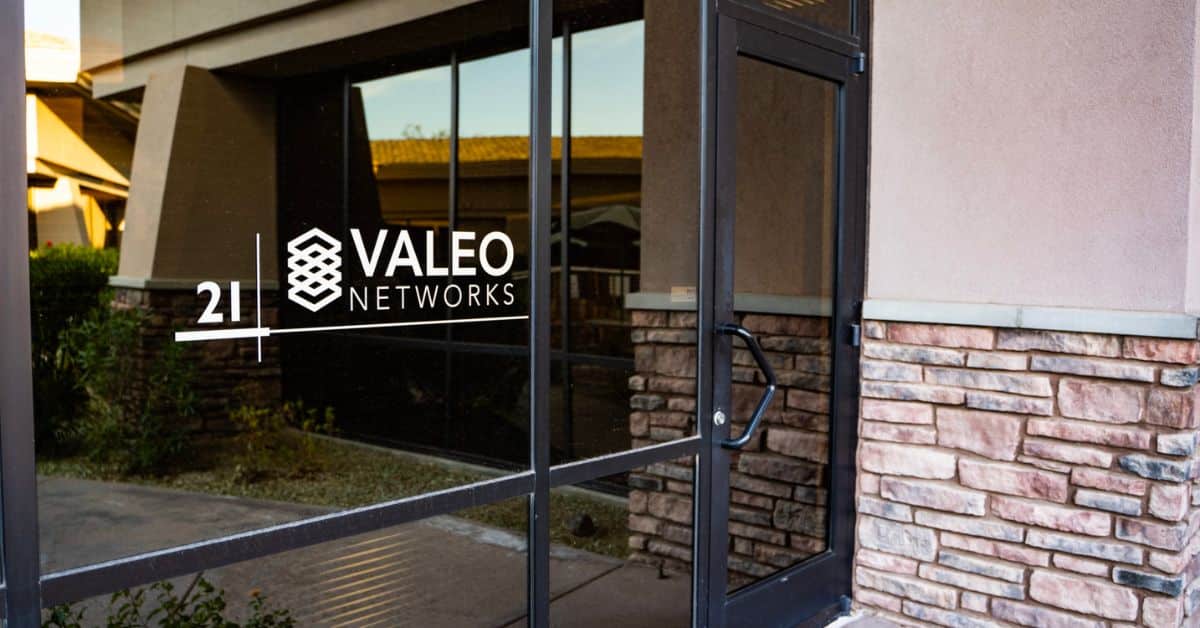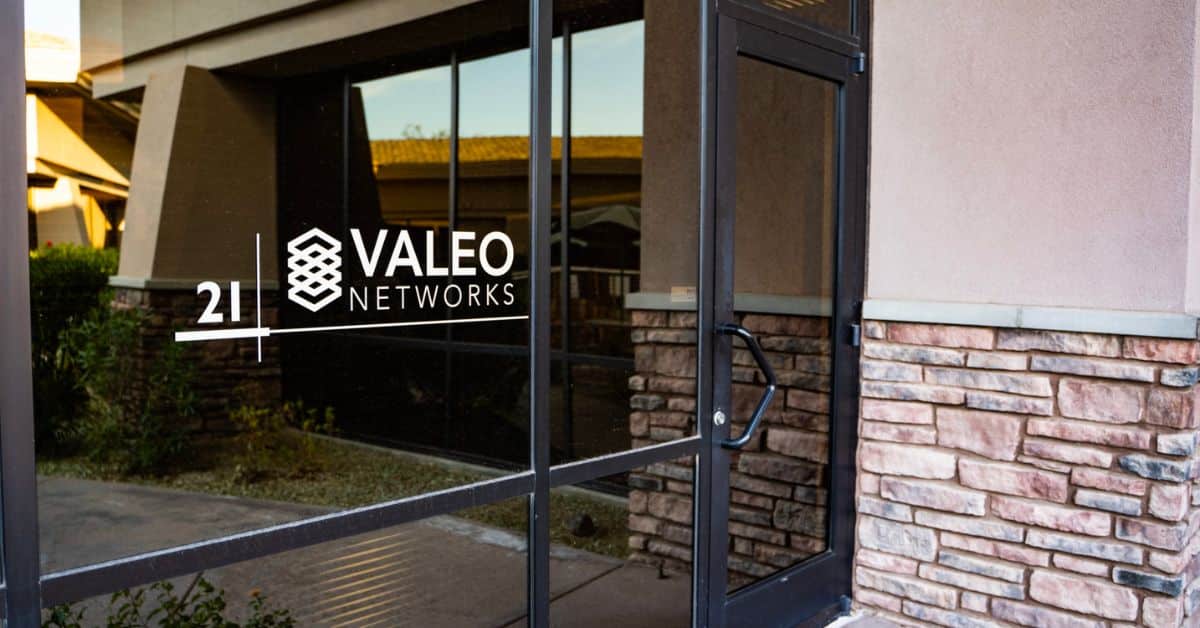Comparing Cloud Services: Public vs Private vs Hybrid
In today's rapidly evolving business landscape, cloud services have emerged as a critical component for organizations seeking to streamline...
2 min read
Valeo Networks : Feb 8, 2017 12:00:00 AM
 As a small business owner, your budget may be small, but that doesn’t mean you can’t take basic steps toward making sure your business data and files are safe in the cyber world.
As a small business owner, your budget may be small, but that doesn’t mean you can’t take basic steps toward making sure your business data and files are safe in the cyber world.
Did you know that small businesses can be a target for hackers because many aren’t protected? According to a recent Verizon Data Breach Investigations Report, 60% of cyber-attacks hit SMBs, largely because they are easier targets.
The basic items to consider when taking the first steps to protect your small business include having secure hardware such as Watchguard firewall with their security suite and some level of basic antivirus software like Webroot SecureAnywhere for your office. Just as important, you must take the time to properly train your employees, get an SSL certificate for your website and have spam folders that filter automatically filter questionable incoming emails in place on your email server.
These solutions may seem rather elementary, but many businesses don’t even get this far, thinking they will be fine until they grow. If you are not proactive in fighting these attacks from the beginning, you leave your company open to hackers, who can ultimately do enough damage to destroy your business.
One thing that you can do now is join the cloud movement. The cloud is currently one of the best tools you can use to ensure that your data remains safe. For example, if you have 25 employees and you want those employees to be able to work remotely from time to time, you are better off allowing them access to work files via the cloud versus through an internal network.
You may be asking, “Isn’t it safer to have secured laptops?” Actually, no. This is what New York Times had to say on the matter, “Cloud data is stored on hard drives (much the way other data is usually stored). And yes, it’s probably more secure than conventionally stored data. What makes cloud storage different? Instead of being stored directly on your own personal device (the hard drive on your laptop, for example, or your phone), cloud-based data is stored elsewhere — on servers owned by big companies, usually — and is made accessible to you via the internet.” https://www.nytimes.com/2017/01/23/insider/where-does-cloud-storage-really-reside-and-is-it-secure.html?_r=0
In addition to moving your data to the cloud, there are several other steps you will want to take. It is very common for marketing/sales companies and lawyers to use Customer Relationship Management (CRM) software to keep track of leads and analyze customer behavior. Unfortunately, these programs also lend themselves to cyber hackers. They use these tools to track the date and time emails are opened, where they are opened, where they are forwarded and more. Making sure any data that remains local is backed up to the cloud, as well as keeping your firewall’s firmware up to date and setting your antivirus to scan/update regularly are good precautionary steps to take.
Although these are all good first steps in protecting your small business, remember, cybersecurity is something that should most definitely considered when preparing your budget, especially with the rising number of attacks on SMBs. At Valeo Networks, we customized plans to fit your needs, large or small. Contact us anytime for a free consultation at 800-584- 6844 or via sales@saalexIT.com.


In today's rapidly evolving business landscape, cloud services have emerged as a critical component for organizations seeking to streamline...

How do you backup your data? What about client data? Analyst house Gartner predicts that the public cloud services market alone (this includes cloud...

About 5 years ago, i f you said, “It’s in the cloud,” people would generally look up at the sky and wonder what the heck you were talking about. Now,...

With cutting-edge technology and quality customer service,
you’ll find everything you need to help your company soar
with Valeo Networks.
1006 Pathfinder Way
Rockledge, FL 32955
Business Hours:
M-F: 8AM-9PM
© 2026 Copyright Valeo Networks. All Rights Reserved.